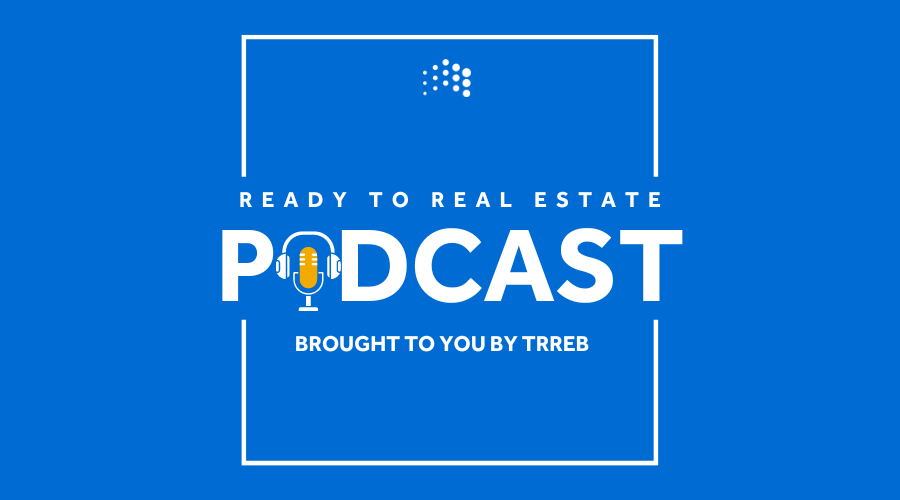In an attempt to curb rising inflation, the Bank of Canada has been hiking its policy interest rate – with the most recent increase being 50 basis points to 1 per cent. The Bank’s target for the Overnight Lending Rate directly impacts the cost of borrowing for variable rate mortgages and lines of credit and indirectly impacts borrowing costs for longer-term fixed rate mortgages. The bottom line is that the Bank’s recent and forthcoming rate hikes have made borrowing more expensive for existing homeowners and intending home buyers in Canada.
To demystify and anticipate the effects of the interest rate hikes on mortgage holders and other borrowers, TRREB Chief Market Analyst Jason Mercer interviewed Rob McLister for a recent episode of the Ready to Real Estate podcast. Rob is a mortgage columnist at the Globe and Mail and editor of mortgagelogic.news, an industry bulletin tracking mortgage rates, financing tactics, and new lending products.
Read on for a glimpse into their conversation.
What necessitated this move by the Bank of Canada?
It’s likely you’ve groaned at soaring gas prices or you’ve been faced with a higher grocery bill than usual – that’s the inflation that prompted the rise in the policy rate. In fact, the Canadian Price Index (CPI) is up to 6 per cent, which is three times more than the Bank’s usual target rate of 2 per cent. While the Bank hopes that the CPI will return to the target rate by 2024, as Rob points out, it means that Canadians are suffering now, in the short term, to pay their bills.
What should borrowers expect?
Rob says that the market is expecting rates to go up to the top end of the Bank of Canada’s neutral rate estimate, which is around 3 per cent, and that rate hike cycles lasts an average of two-and-a-half years. However, he adds that we’re not currently in an average rate hike cycle, and that borrowers need to assume the interest rate could go up 300 basis points or more.
Mortgage holders should be thinking in terms of how to budget if the interest rate goes up 300 to 400 basis points. What would your fallback be if you find that your monthly payments grow too large for your budget?
However, Rob doesn’t want to sound too alarmist. He says the market will correct itself in advance of the time it takes for rate hikes to flow through the economy (typically 12 to 18 months), and mortgage holders in Canada already have to prove their ability to pay above their monthly payments due to the OSFI mortgage stress test. But it’s important to be aware of what’s coming.
What if you’re looking to buy a home?
Jason and Rob discuss the various options for those looking to buy a home amidst increased interest rates. Rob points to the availability of shorter-term fixed mortgages that protect the lender against sudden rate increases. He cites a one-year fixed mortgage available at a rate of 2.75 per cent, and notes that any fixed rate below 3 per cent is worthwhile to protect from rate hikes. As always, when taking on a mortgage, it’s important to do your research.
For a more in-depth look into the interest rate hike and Jason and Rob’s illuminating discussion, catch their full episode of Ready to Real Estate here.


